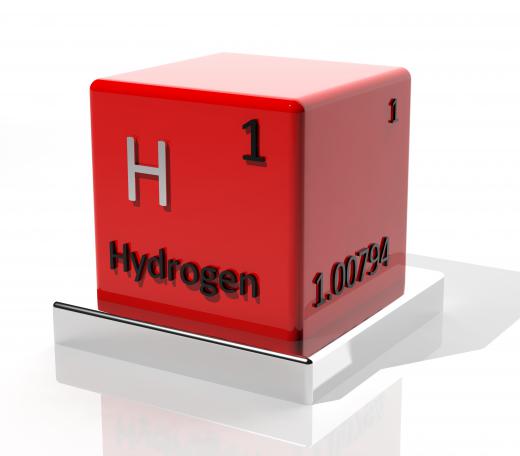In industry, by far, the most important of hydrogen compounds in use worldwide is fresh water, followed closely by a variety of petroleum-based hydrocarbon products. In 2011, estimates of water consumption on a global basis annually equals 68 billion cubic meters. Evapotranspiration (ET) based water, the renewable form acquired from surface land and runoff, accounts for 18 billion cubic meters, with the remaining 40 billion coming from fossil ground water that is non-renewable. With 23% of this being used for industrial purposes, around 15 billion cubic meters of fresh water is used as an industrial chemical every year. It is estimated that a minimum of 28% of all the fresh water available on the planet is appropriated for human use, with 69% of this allocated to agriculture, 23% to industry, and 8% to domestic use.
Petroleum is clearly the second most important of hydrogen compounds for industry. Oil consumption worldwide by the top 15 nations, including the Organization of Petroleum Exporting Countries (OPEC) group of nations, was estimated in 2008 to be approximately 3.4 billion cubic meters per year, or 20 billion barrels per year. Fossil fuel consumption was increasing by about 2% per year until 2009, when it dropped as a global average for the first time in 30 years. Most of this decline was in western nations exhibiting economic crisis, while developing nations' overall use of petroleum-based hydrogen compounds continued to grow. In 2009, China became the largest energy consumer, responsible for 18% of world energy use.

Water use for industry varies widely by region. Africa as a whole uses only about 5% of its fresh water for industry, whereas in Europe 54% of fresh water is used as an industrial compound. Industrialization of developing nations over agriculture as the primary form of economic growth is rapidly increasing the demand for water. The World Bank calculates that, in 2025, 228 billion cubic meters of water will be used annually, with an average growth of water use for industrial and energy production purposes of about 4.2% per year. The 2025 esitmate accounts for 70% of all available fresh water on the planet, leaving a small fraction available to natural processes and ecosystems.
Hydrogen chemistry will continue to be essential to industrial growth, even as new energy technologies replace those based on petroleum. Bio-fuels such as ethanol are also largely hydrogen compounds, with a chemical formula of C2H6O. Ethanol, biodiesel, and other petroleum substitutes are refined from plant products such as soybean or palm oil and corn. This further increases the use of fresh water in the industrial process of producing such hydrogen compounds.
